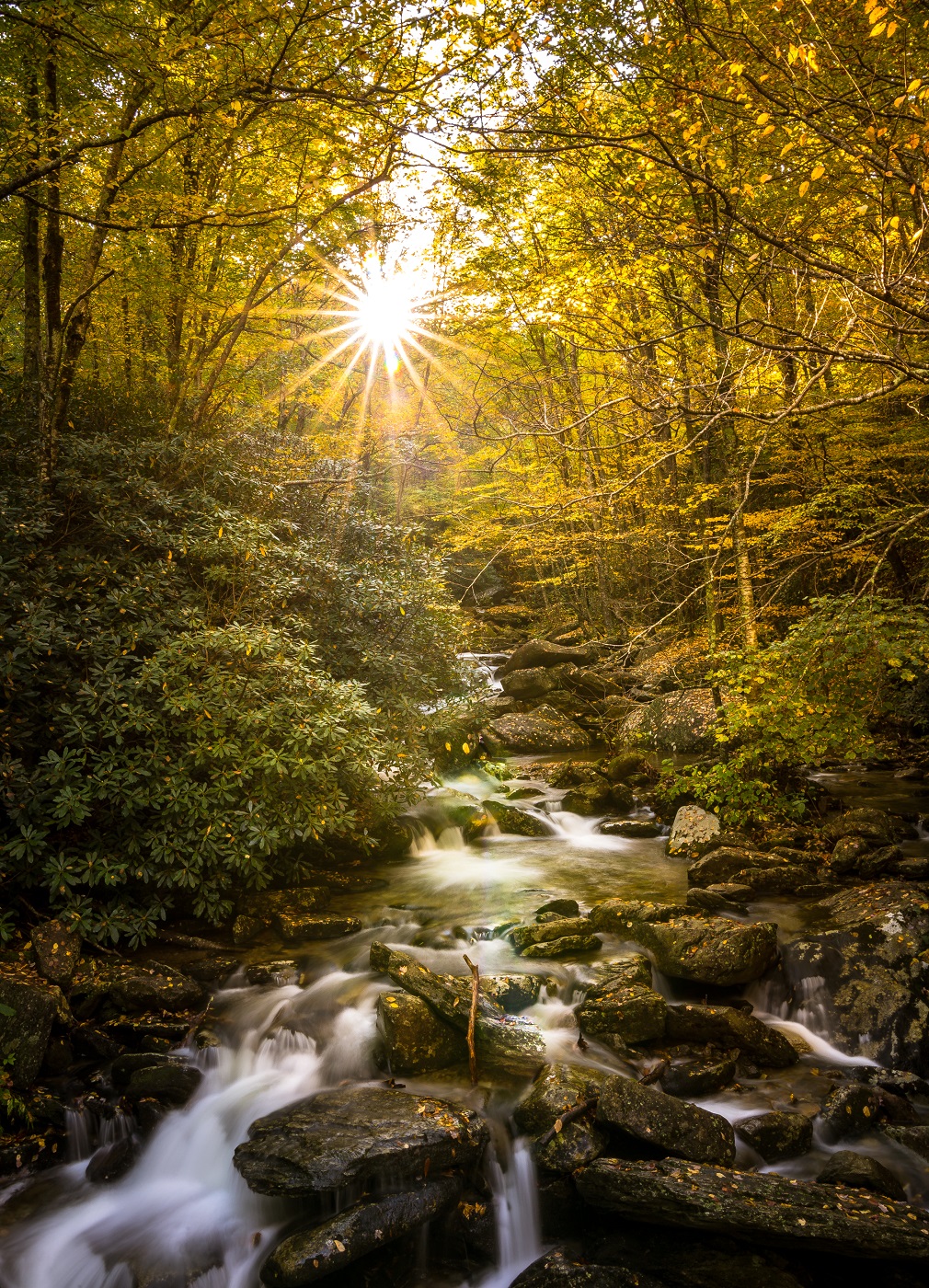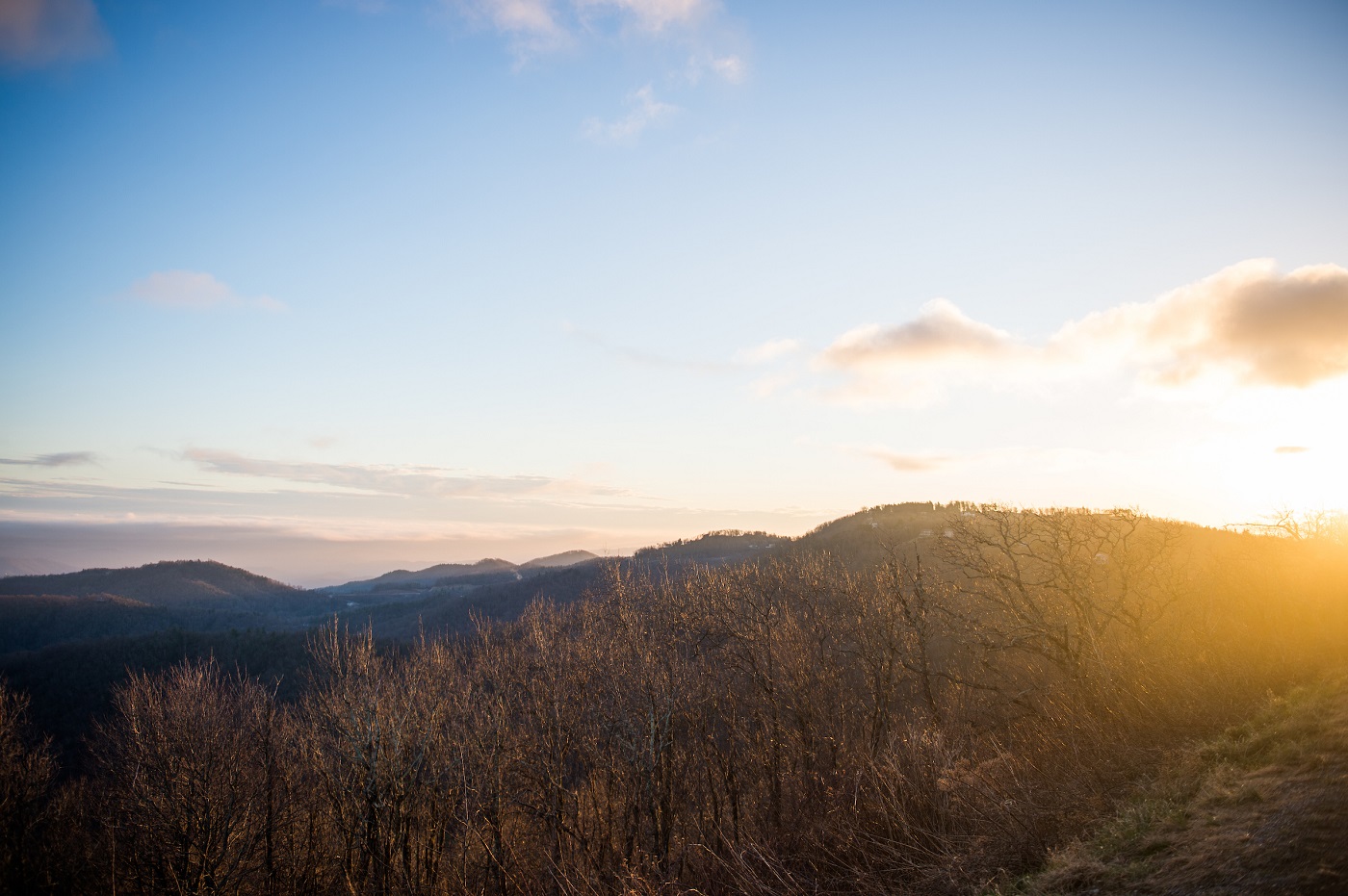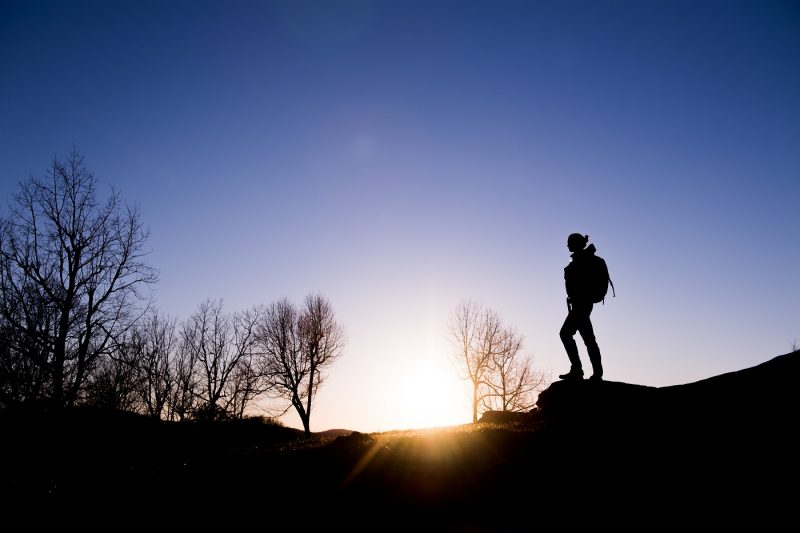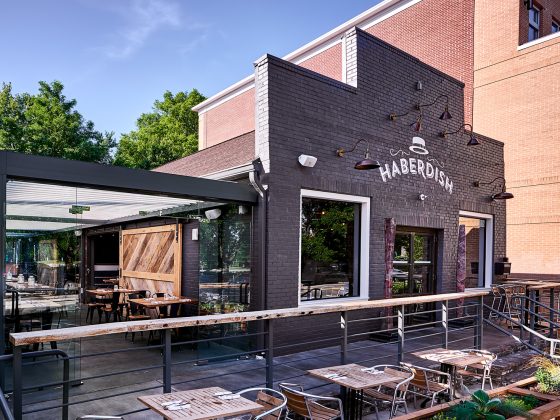“The first day is always the hardest!” Our friend’s grandma, Lois, told us as she dropped us off at the Southern end of Massachusetts’ Appalachian segment. We had stayed up at her cabin on the quiet side of Lake Buel for the few days prior. We charted our course over the spindly lines of our maps, snaking back and forth over Massachusetts’ quiet Western countryside, constituting that elusive thing that we knew we had to demystify for ourselves: the Appalachian Trail.
The four of us, my roommates and closest friends, decided that this would be the best way to cap off our four years at school together, a week tackling Massachusetts’ section of the trail. We all had different backgrounds in backpacking, ranging from one of us buying his first pair of hiking boots the day before the hike, and others bringing the lionshare of gear and knowledge to the table. We ferried back and forth from the grocery store to grab more and more Clif bars and Ramen packets, until we realized we had far too much food and were each about to carry about 60 pounds of gear. We packed, repacked, tossed out books and extra packets of food until it was 10:30 pm the night before. We were as ready as we were ever going to be, and our bags felt, well, reasonably comfortable.

Lois left us standing awkwardly clean in front of the dusty, dim trail that seemed to open up a hole in the forest and drift off darkly. It was surprising how weeks of planning, gathering, problem solving, and a host of other complications had all culminated in us simply walking. So we did just that—we chatted for a little while, but soon the ground began to rise under our feet, and we began to understand why Lois had told us the first day was the hardest.
The day passed slowly, and we lumbered into camp on tired legs and sore feet. To us, a 12-mile day had felt like an incredible accomplishment, but we came to learn that to most thru-hikers anything under 15 was a rest day. We sat dully around a fire built purely to keep the mosquitoes off of us, and watched as three separate thru-hikers walked into camp. Two asked if they could join us around the fire, while the other simply set up a tent and dove right in. One hiker, whose trail name is Sleeping Bear, was a teacher from Wisconsin who wanted to knock off some bucket list items. The other, Peaks, had backpacked for the first time the year before but had quickly worked his way up to 25-mile days.
Trail names were a fascinating aspect we hadn’t expected to come across. Almost no real names were given, save for those, like us, who were not real thru-hikers and had not garnered nicknames yet. They were given for a host of reasons. We met a German man whose trail name was ‘machine,’ he did 20 miles a day and had only taken one day to rest during his entire trek. To put that into perspective, we met one couple who rested at least once a week.
We hit a routine after our second day and didn’t tend to stray from it after that. Wake up early, eat a packet of oatmeal, fill water bottles and walk. Walk until someone asks to take a break, eat a granola bar, drink some water and then get back to walking. Stop for lunch around mid-day and try to get back on trail within 30 minutes. Reach the campsite, take off our boots as quickly as possible, find a good safe spot, stretch, eat, talk to other hikers, and hit the hay by nine. We found out quickly that there really was no reason to stay up once the sun had gone down.

At the end of the sixth day, our most gruelling as we summitted Mt. Greylock, the tallest mountain in Massachusetts, we had finally finished our goal. It was a surreal feeling, having walked so far, and having done it with my best friends. It was indescribably special to all of us. There were a few key takeaways we all picked up that I think anyone seeking to break into backpacking should know:
You can put in at any point, and walk as far (or as near) as you desire. Research your gear and save your money. It’s easy to think you need the most top of the line equipment, but if you just want to try it on as a hobby, go ahead and work your way up to those four hundred dollar hiking boots. You don’t need ‘em in order to learn if you like hiking or not.
Talk to other hikers as you go. The Internet can tell you everything, but maybe not what you need to know. Other hikers are a library of information on trail safety, do’s and dont’s, as well as tellers of stories you’ll never forget.
And lastly, you don’t have to hike the whole Appalachian Trail, or even a week’s worth to get an appreciation for it. Every hobby has humble beginnings.












